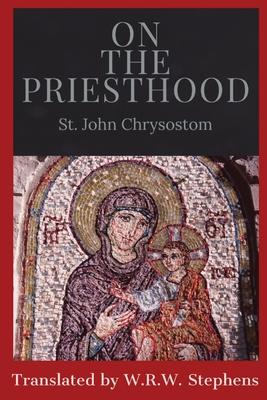None of the Fathers of the early church is better known or loved than St John Chrysostom, and none of his works is more popular than On the Priesthood. Its stylistic brilliance demonstrates the appropriateness of St John's enduring title, the golden-mouthed. Yet the rhetorical eloquence of the work is not simply camouflage for lack of substance. As Graham Neville observes in his Introduction, Chrysostom had a mind both practical and idealistic, that brought into close connection the evils and injustices of the world and the perfection of moral life demanded by the gospel. Chrysostom's unique gift for linking concrete observation and theological vision is nowhere more evident that in On the Priesthood. Its presence helps to account for the work's power to inspire and challenge Christians in all ages.

None of the Fathers of the early church is better known or loved than St John Chrysostom, and none of his works is more popular than On the Priesthood. Its stylistic brilliance demonstrates the appropriateness of St John's enduring title, the golden-mouthed. Yet the rhetorical eloquence of the work is not simply camouflage for lack of substance. As Graham Neville observes in his Introduction, Chrysostom had a mind both practical and idealistic, that brought into close connection the evils and injustices of the world and the perfection of moral life demanded by the gospel. Chrysostom's unique gift for linking concrete observation and theological vision is nowhere more evident that in On the Priesthood. Its presence helps to account for the work's power to inspire and challenge Christians in all ages.